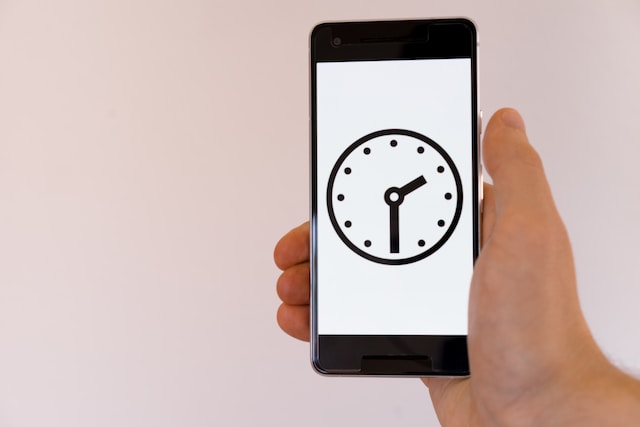In the digital age, screens are an integral part of our lives. From smartphones to laptops, our world is saturated with digital media. While these devices have provided us with remarkable conveniences and advancements, they have also raised new concerns about our mental health, particularly in regard to increased screen time and its association with heightened suicide risk. This article aims to shed light on this alarming trend.
1. Understanding the Connection
Numerous studies suggest a link between excessive screen time and a heightened risk of depressive symptoms and suicidal behaviors, particularly among adolescents. The theory posits that the more time spent on screens, the less time individuals spend on physical activities or direct social interactions, both of which have protective effects against depression and suicidal thoughts.
2. The Role of Social Media
Social media, in particular, plays a significant role in this dynamic. It often showcases unrealistic representations of life, which can lead to feelings of inadequacy, self-doubt, and social isolation. Additionally, cyberbullying is a widespread issue on these platforms and has been linked to increased suicide risk.
3. Limiting Screen Time
While it may be impractical to completely avoid screens in today’s world, setting healthy boundaries can be beneficial. This could mean implementing specific hours for screen use, taking regular breaks, or making certain areas of the home screen-free zones.
4. Encouraging Real-Life Interactions
Promoting face-to-face social interactions is another way to counter the effects of excessive screen time. This can improve one’s mood, boost self-esteem, and provide a support network that can be a lifeline when feelings of depression or thoughts of suicide arise.
5. Promoting Physical Activity
Engaging in regular physical activity is proven to have a positive effect on mental health. It can help reduce feelings of depression and anxiety, boost mood, and even improve sleep, which can in turn reduce suicide risk.
6. Professional Help
Anyone exhibiting signs of depression or suicidal thoughts should seek professional help immediately. Therapists, counselors, and psychiatrists can provide essential support and treatment options.
7. Creating a Dialogue
Raising awareness about the link between excessive screen time and suicide risk is vital. Encourage open discussions about mental health, cyberbullying, and the unrealistic portrayals often found on social media.
Conclusion
Screen time, when not managed properly, can indeed lead to an increased risk of depression and suicide. However, by understanding the risks, implementing healthy boundaries, promoting real-life interactions, and engaging in physical activity, we can counter these negative effects. Additionally, it’s crucial that we continue to foster open conversations about mental health and suicide prevention to help those at risk.


